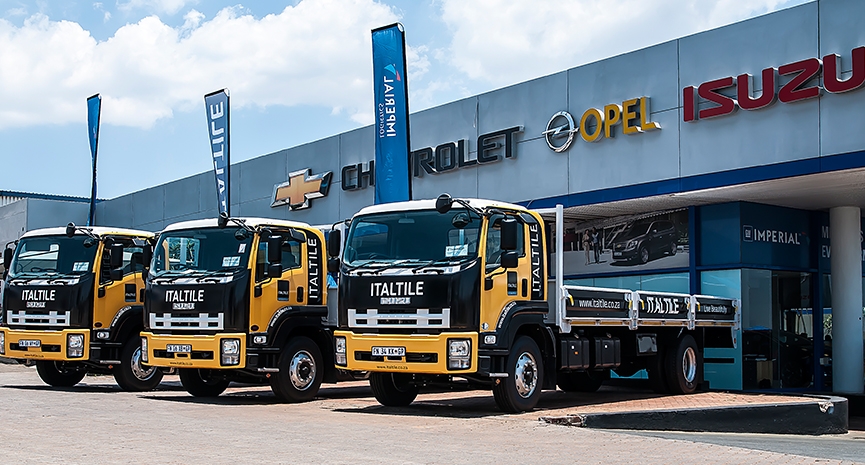Imperial Logistics achieves Level 2 BBBEE rating
November 25, 2017: Imperial Logistics has achieved a Level 2 BBBEE certification. BBBEE or Broad-Based Black Economic Empowerment is a form of economi

November 25, 2017: Imperial Logistics has achieved a Level 2 BBBEE certification. BBBEE or Broad-Based Black Economic Empowerment is a form of economic empowerment initiated by the South African government in response to criticism against narrow-based empowerment instituted in the country during 2003/2004. The goal of broad-based empowerment is to distribute wealth across as broad a spectrum of previously disadvantaged South African society as possible.
Enterprise development and socio-economic development were areas in which the supply chain and logistics leader scored full points on its latest scorecard.
“This year’s record rating represents a significant milestone in our transformation efforts, with year on year improvements once again realised across all categories of the scorecard,” said Imperial Logistics transformation director, Sibongile Zikalala.
“Since the introduction of the first BEE Codes in 2007, Imperial Logistics has worked tirelessly to be recognised as a leader in the development of human capital at all levels – with the prime objective being the closer alignment of the group’s employee and leadership profile with the national demography. We are very proud of this year’s BEE highpoint, which has been 10 years in the making.”
Zikalala notes that the organisation’s preferential procurement spend with QSEs, 51 percent black owned and 30 percent black woman owned businesses was more than double the target percentage. “Going forward, we will continue to actively seek out opportunities to partner with QSEs, EMEs and other designated group suppliers that are 51 percent black owned and 30 percent black woman owned in order to facilitate maximum benefit for our clients in terms of their own procurement scorecards,” she stresses.
“Imperial Logistics has also made strides on the employment equity front, achieving 66 percent of the target points. We have proudly achieved 95 percent of the ownership target score and in terms of economic interest (net value), Imperial Logistics has 22 percent equity ownership fully vested in the hands of black shareholders. Not many logistics service providers – or even many other South African companies – can claim this level and scale of ownership transformation.”


